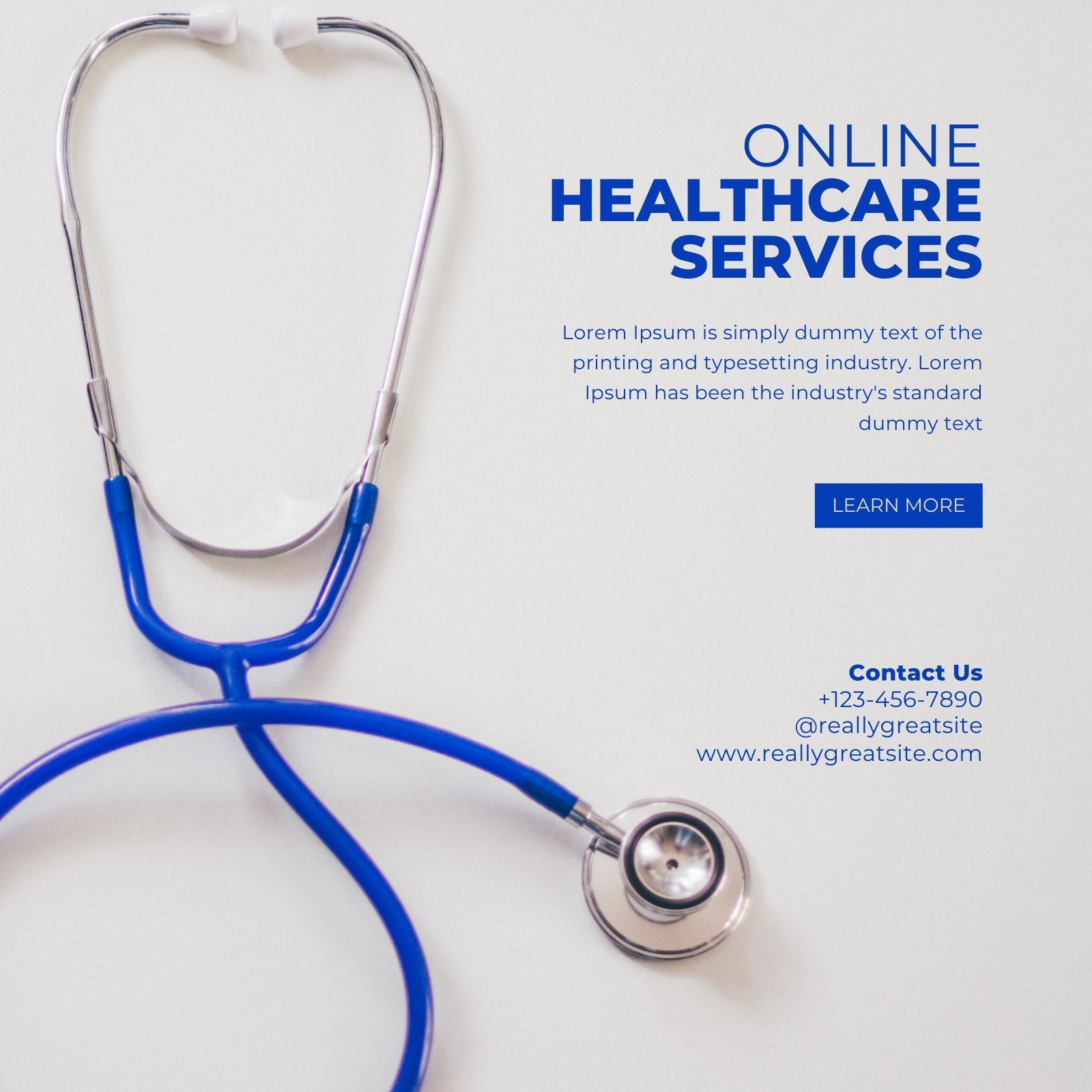The Rise of Subscription-Based Healthcare and Its Influence on Individual Treatment
As health care progresses, the subscription-based design is obtaining traction, promising to revolutionize patient treatment by offering predictability and access. The potential for these versions to improve health care shipment increases pushing concerns about their long-term sustainability and inclusivity. Are these registration solutions the future of healthcare, or do they take the chance of leaving at risk populaces behind?
Understanding Registration Health Care Designs
Comprehending the concept of membership healthcare models includes examining a transformative approach to clinical services that emphasizes price and access. These versions, commonly referred to as direct medical care (DPC) or concierge medication, have become ingenious alternatives to standard fee-for-service healthcare systems. Membership healthcare permits clients to pay a fixed regular monthly or annual cost for a specified collection of medical services, which might include endless workplace brows through, regular exams, and standard lab tests, without the need for conventional insurance policy billing.
The framework of registration health care designs is designed to enhance client care by removing third-party payers and complicated invoicing codes, thereby decreasing management concerns. Doctor can concentrate more on person care, cultivating more powerful patient-provider connections. This version additionally promotes preventative treatment by urging routine sees, as the financial obstacle of per-visit costs is removed.
The registration version frequently equips health care carriers to manage smaller sized individual panels, enabling for even more tailored care. It aligns economic motivations with patient health and wellness results, as suppliers are motivated to maintain patient satisfaction and well-being. In general, recognizing membership healthcare designs needs acknowledging their potential to improve how treatment is delivered and accessed.
Advantages for Carriers and clients

With a steady earnings stream, healthcare professionals can dedicate more time to each patient, leading to an extra extensive and customized treatment experience. The emphasis on preventative care within registration plans can lead to better client end results and decreased lasting health care costs.
Challenges and Problems
While subscription-based healthcare models existing countless advantages, they additionally come with a collection of obstacles and problems that have to be addressed. This raises ethical questions concerning equitable accessibility to medical care services.
Financial sustainability of subscription-based designs is one more concern. Companies need to balance the fixed income from memberships with the variable costs of healthcare solutions, which might vary due to unforeseen clinical demands. This can develop stress to restrict services or increase charges, potentially impacting person contentment and care top quality.
Moreover, regulative oversight go now of subscription-based health care designs is still progressing. The absence of standardized structures can cause inconsistent solution high quality and accountability, making complex initiatives to guarantee patient security. The assimilation of innovation-- frequently a keystone of these designs-- elevates questions about data personal privacy and security, as sensitive patient info can be at risk to violations. Addressing these challenges is essential for the effective and fair implementation of subscription-based medical care.
Influence On Patient-Doctor Relationships
One considerable effect of subscription-based medical care versions on patient-doctor relationships is the capacity for improved connection and individualized care. By embracing a registration version, doctors can take care of a smaller sized person panel, enabling even more specialized time with each person. This enhanced accessibility promotes a deeper understanding of a client's medical background, way of living, and choices, enabling much more tailored treatment plans and interventions.

However, it is essential to identify that while subscription-based models may profit those who can manage them, they can accidentally expand healthcare variations. Patients that are incapable to get involved in these designs might experience lower access to personalized treatment, potentially influencing helpful resources their connections with doctor. Therefore, while the registration version provides encouraging advantages for patient-doctor relationships, it likewise poses challenges that require to be dealt with to make certain equitable health care access.
Future of Healthcare Access

The function of innovation can not be forgotten in this makeover. Telemedicine systems and electronic wellness records promote smooth interaction between clients and healthcare companies, breaking down geographical and logistical barriers. Furthermore, developments in expert system and information analytics can additionally personalize clinical treatment by predicting individual requirements and enhancing therapy plans.
Nonetheless, the future of medical care gain access to additionally presents obstacles, such as ensuring equity throughout different socio-economic groups. Policymakers and doctor have to collaborate to link the digital divide, making certain that subscription-based models continue to be comprehensive and budget-friendly. As these systems mature, they hold the pledge of making medical care extra obtainable, effective, and patient-centric.
Conclusion
Subscription-based health care designs are improving client treatment by providing a steady cost structure and boosting ease of access. The surge of subscription-based medical care encourages aggressive client engagement, which has the prospective to boost individual outcomes and complete satisfaction, signifying a transformative shift in healthcare delivery.
As healthcare advances, the subscription-based version is getting traction, promising to reinvent client treatment by using predictability and availability.Subscription-based medical care designs use distinct advantages for both carriers and individuals, improving the overall medical care experience.As health care systems develop, the future of health care access regularly hinges on the integration of cutting-edge versions and technologies.Subscription-based medical care versions are improving individual treatment by giving a stable expense framework and enhancing access. The increase of subscription-based health care encourages proactive client engagement, which has the potential to improve client end results and fulfillment, signaling a transformative shift in medical care distribution.